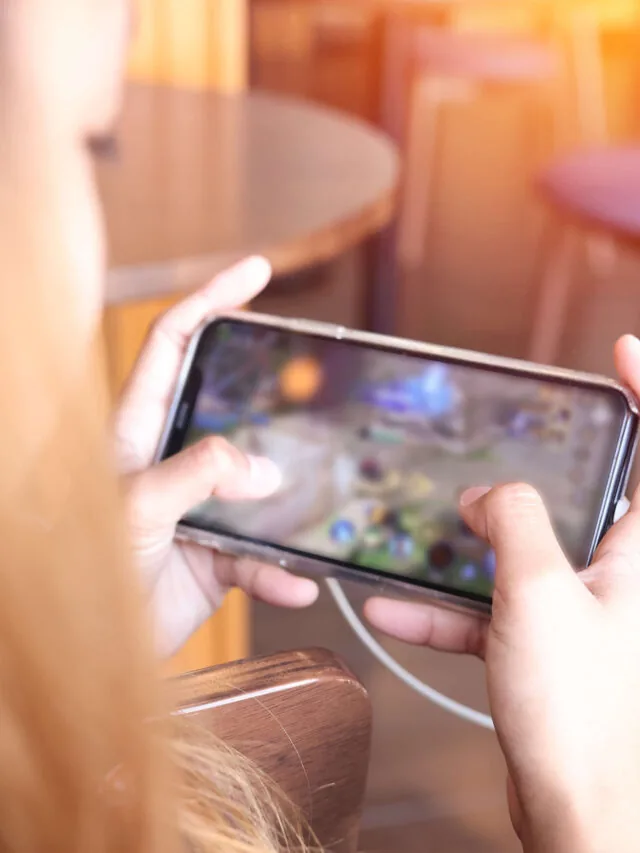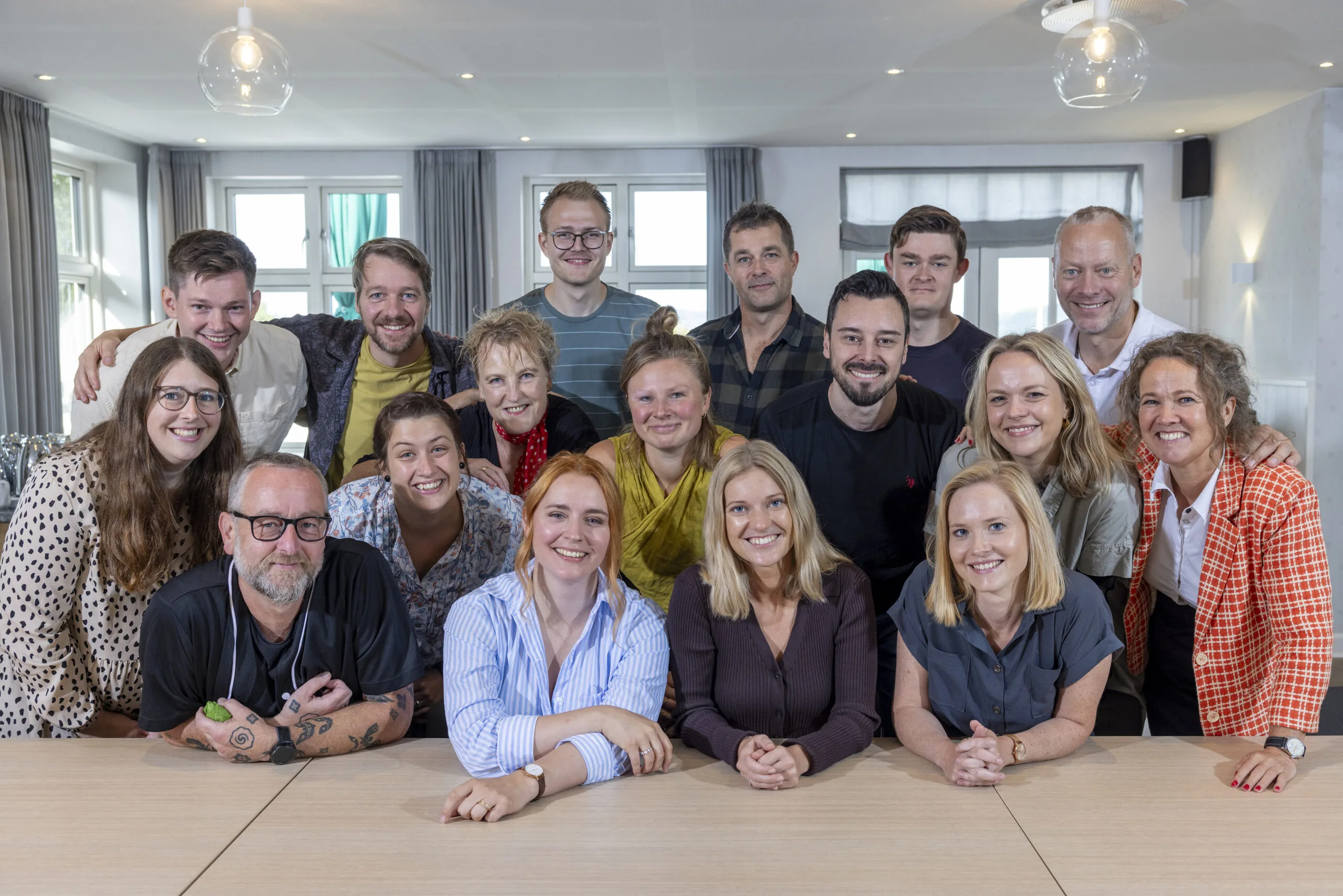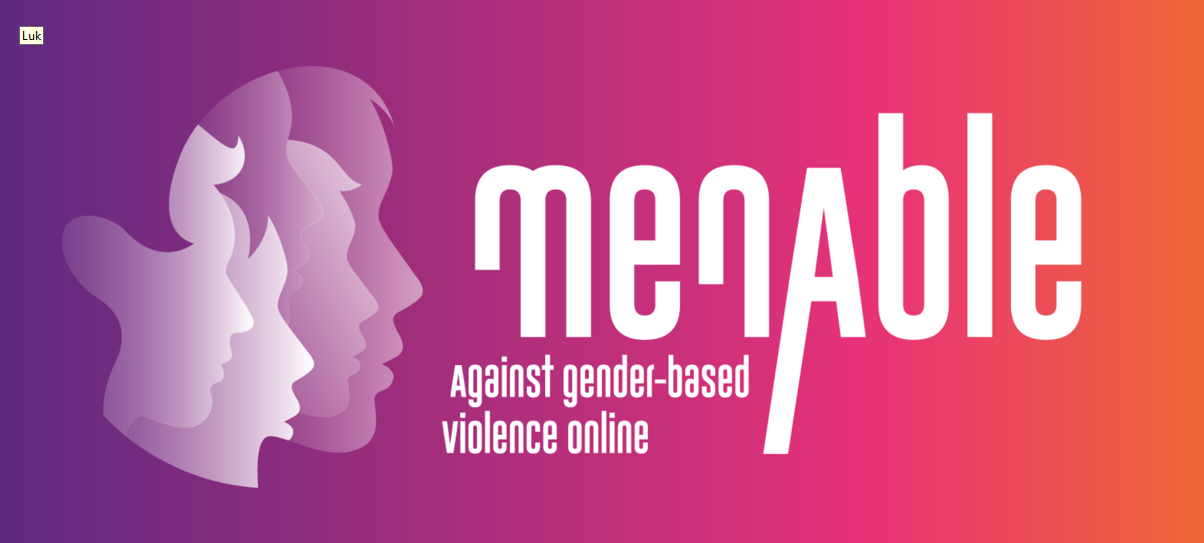New report: Vulnerable men connect in misogynistic online communities
As many as 850 nordic men have produced misogynistic content in misogynistic groups online. And even more, are quietly watching in the groups. This testifies to a problem with the male culture in the north and common perceptions of the emotional lives of men.
It also testifies to the fact, that we as a society should take vulnerable men and their online behavior more seriously.
These are some of the main conclusions in a new report from Centre for Digital Youth Care, that comes out today. The report, The Angry Internet, has been in the making for a year and is the result of comprehensive research and analysis. The Report is ordered by the Ministry of Employment and Equality as a part of Denmark’s presidency in Nordic Council of Ministers in 2020. CfDY has compiled the report with the analysis agency Analyse & Tal, who has conducted the data collecting and data processing.
“The report shows us who the vulnerable in the angry internet is, and which jargon and ideology the men have. Besides that, the report can give an understanding of which culture that rules the dark parts of the internet, and how we can combat the hate against women by giving men a new language for their vulnerability,” says psychologist at CfDY and co-author of the report Stine Helding Rand.
You can find the full report here
Nordic men lack healthy communities
The report is based on an analysis of more than 100.000 unique posts and comments with misogynistic content on the online platforms 4chan, Reddit, and Twitter, and interviews with users and experts.
It shows, that many of the men in the misogynistic groups are vulnerable and lack healthy communities as well physically as online, says co-author of The Angry Internet, specialist consultant in CfDY, Christian Mogensen:
“During the project, we’ve met many young men who’ve tried to put massive anger into words but have ended up talking about their vulnerability. Men who’ve created their own countercultures, because they’ve felt outside of the arenas, they saw everyone else fit into. They connect with each other, because they’re against the community, that they experience being left out of”
A threat to democracy
The report assesses that the risk of a physical attack committed by a nordic, misogynistic user is very little. But it also shows that the tone of the misogynistic groups moves to the more “common” platforms like Facebook. This can potentially lead to entire groups of society will abstain from taking part in the public debate online out of fear of hatred and personal attacks.
“It’s a democratic problem, especially if women are exposed to hatred, and therefore withdraw from for instance public discussions, or if there is a growth in misogynistic norms in society,” says Minister of Equality Peter Hummelgaard.
According to the report, the solution is not as simple as closing down the platforms. For many users, the communities constitute the only support system, where they meet like-minded people.
The report points to among other things a big potential in preventing misogyny online by making more teachers, pedagogues and other professionals understand the platforms that house the misogynistic groups, and why vulnerable boys and young men are drawn to them.
“Professionals can use the knowledge in the report for their future work when they meet youth, because the report gives insight on the digital world, that the youth are navigating,” says psychologist Stinge Helding Rand.



Hvis du vil sætte et par ord på din feedback, vil det hjælpe os rigtig meget til at forbedre vores indhold.